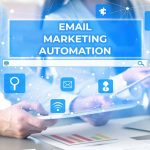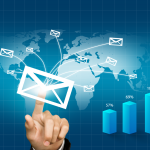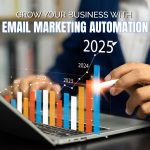Introduction
Marketing is the strategic process of promoting and selling products or services through a range of activities like advertising, market research, public relations, and sales. The overarching aim of marketing is to create awareness, generate interest, and ultimately convince potential customers to make a purchase. In the realm of marketing, automation involves leveraging technology and software to streamline repetitive tasks and processes.
This includes automating email campaigns, social media posts, data analysis, and customer relationship management. Marketing automation tools play a crucial role in helping businesses enhance efficiency, optimize their marketing efforts, and deliver personalized experiences to their target audience.
Types of Marketing Automation Systems
In the ever-evolving landscape of digital marketing, businesses are increasingly turning to technology to enhance their efficiency and reach. Marketing with automation systems plays a pivotal role in streamlining and optimizing various aspects of marketing processes. These systems encompass a diverse range of tools designed to automate tasks, analyze data, and facilitate personalized engagement with the audience. In this exploration, we will delve into the various types of systems that empower businesses to deliver targeted and efficient campaigns, ultimately fostering a more seamless and effective marketing strategy.
Social Media Automation
Social Media Automation allows businesses to schedule and manage their social media posts across platforms such as Facebook, Twitter, and Instagram. It streamlines content distribution, ensuring a consistent online presence without manual intervention. Through tools like Hootsuite or Buffer, users can plan posts, track engagement, and analyze performance metrics efficiently. Social Media Automation not only saves time but also enables strategic planning, helping businesses maintain an active and engaging online profile. However, it’s essential to balance automation with genuine interaction to foster authentic connections with the audience.

Email Marketing Automation
Email Marketing Automation revolutionizes the way businesses engage with their audience by automating various aspects of the email campaign process. This includes scheduling, segmentation, and personalized content delivery based on user behavior. Tools like Mailchimp or HubSpot enable businesses to nurture leads, send targeted messages, and analyze campaign performance. Through automated workflows, businesses can efficiently guide subscribers through a tailored journey, enhancing customer experience. While saving time and increasing efficiency, Email Automation remains a powerful tool for building meaningful connections and driving conversions in the digital landscape.
Content Marketing Automation
Automated Content Marketing involves the use of tools and platforms to streamline the creation, distribution, and management of content across various channels. It helps marketers plan, schedule, and track the performance of content campaigns. With platforms like Schedule or Marketo, businesses can automate content publishing, and social media sharing, and even tailor content recommendations based on user behavior. This approach not only saves time but also ensures a consistent and targeted content strategy. Content Marketing Automation enables marketers to focus on strategy and creativity while enhancing audience engagement through timely and relevant content delivery.
SEO Automation
SEO Automation involves leveraging tools and technologies to streamline and enhance search engine optimization processes. Platforms like SEMrush or Moz automate tasks such as keyword research, rank tracking, and site audits, providing valuable insights to improve website visibility. Automated SEO tools analyze data, identify trends, and recommend optimizations, allowing businesses to stay competitive in search engine rankings. Through automation, repetitive tasks are efficiently managed, and website performance is continuously monitored. However, businesses must combine automation with a thoughtful, human-driven strategy to ensure the best results in the dynamic landscape of search engine algorithms.
Customer Relationship Management Automation
Customer Relationship Management (CRM) Automation involves using software and tools to automate and streamline the management of customer interactions, data, and communication. Platforms like Salesforce and HubSpot automate tasks such as lead scoring, contact management, and email communication, allowing businesses to cultivate and nurture relationships more efficiently. CRM Automation enhances customer engagement by providing a unified view of customer data and automating routine processes, enabling personalized interactions. This approach not only saves time but also improves the overall customer experience by ensuring timely and relevant communication. By leveraging CRM Automation, businesses can build stronger relationships, foster customer loyalty, and drive long-term success in a dynamic and competitive market.
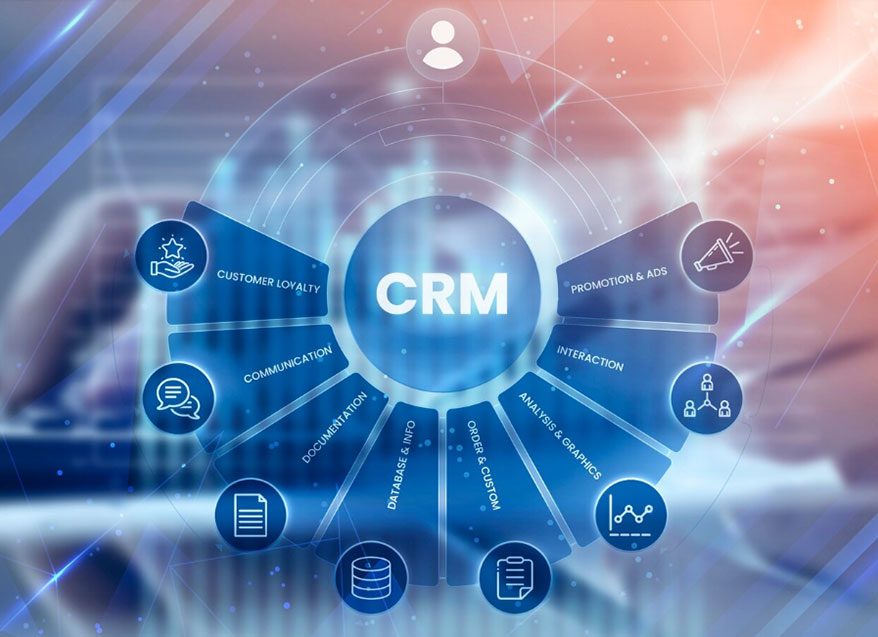
Advertising Automation
Advertising Automation involves the use of technology to streamline and optimize the planning, execution, and analysis of advertising campaigns. Platforms like Google Ads and Facebook Ads offer automation features such as ad scheduling, budget optimization, and audience targeting. Through automated processes, businesses can dynamically adjust their advertising strategies based on real-time data, ensuring efficient spending and improved campaign performance. Advertising Automation not only saves time but also enhances the precision of targeting, allowing advertisers to reach the right audience with the right message. However, a strategic human touch remains essential to interpret data and refine campaign objectives for optimal results in the dynamic landscape of digital advertising.
Analytics and Reporting Automation
Analytics and Reporting Automation involves the use of tools to streamline the collection, analysis, and presentation of data, providing valuable insights for decision-making. Platforms like Google Analytics and Tableau automate the process of gathering and visualizing data, saving time and ensuring accuracy. These tools generate automated reports, highlighting key performance indicators and trends, and facilitating a quicker and more informed decision-making process. By automating analytics and reporting, businesses can efficiently track their performance, measure the impact of campaigns, and adapt strategies in real time. This automation not only enhances efficiency but also empowers organizations to make data-driven decisions, a crucial aspect of navigating the complexities of the modern business landscape.
Benefits of Marketing Automation
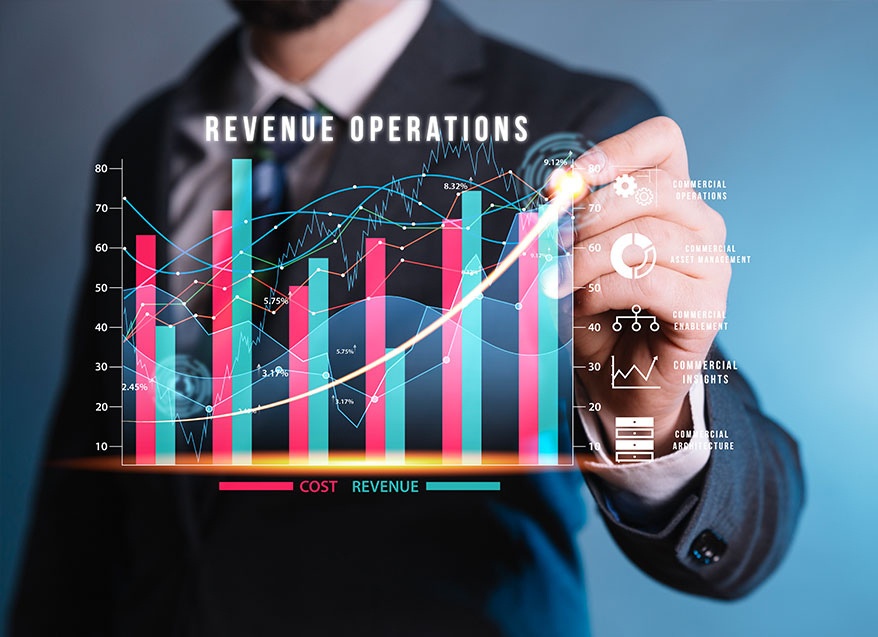
The benefits of automated marketing are manifold. Firstly, it significantly improves efficiency by automating repetitive tasks such as email campaigns, social media posting, and lead nurturing, allowing marketing teams to focus on strategic and creative aspects. Secondly, it enhances personalization by analyzing customer behavior and tailoring content, accordingly, leading to more targeted and relevant communication. Thirdly, marketing automation provides valuable insights through analytics, enabling data-driven decision-making and optimizing campaign performance. Additionally, it fosters better lead management and nurturing, ensuring a smoother transition of leads through the sales funnel.
Furthermore, it contributes to increased revenue by improving lead quality, conversion rates, and customer retention. Overall, automation in marketing not only saves time but also elevates the effectiveness of marketing efforts, ultimately contributing to a more streamlined and successful marketing strategy.
The Corporate Impact on Marketing – Automation
Marketing Automation Tools Provider plays a pivotal role in the marketing and automation ecosystem as the orchestrator of its strategies. It is responsible for adopting and integrating automation tools into its marketing processes, ensuring seamless operations. The company must define clear objectives, aligning automation efforts with overarching business goals. Through strategic planning, the company tailors automation to enhance customer engagement, optimize workflows, and drive measurable results.
Effective utilization of marketing with automation requires ongoing monitoring, analysis, and adaptation, which falls under the company’s responsibility. Moreover, the company must foster a balance between automation and human touch, ensuring personalized and authentic interactions with the audience. In essence, the company’s role is to harness the power of automation to elevate marketing efforts, improve efficiency, and achieve sustainable growth.
Automation for Your Marketing Goals
Tailoring automation systems to your needs is crucial for maximizing their effectiveness. Begin by clearly defining your business objectives and marketing goals. Understand the specific processes and tasks that can benefit from automation, such as email campaigns, social media scheduling, or customer relationship management.
Choose automation tools that align with your industry, business size, and requirements. Customize workflows and settings within these systems to ensure they seamlessly integrate into your existing processes. Regularly assess and adjust automation strategies based on evolving business needs and feedback.
Flexibility is key – automation systems should adapt to the dynamic nature of your business. Regularly train and update your team on new features and functionalities, ensuring they harness the full potential of these systems. By customizing automation to your unique needs, you can unlock efficiency, improve productivity, and achieve better overall outcomes in your marketing and business operations.
Conclusion
In conclusion, the integration of marketing and automation has become essential for modern businesses. Automation streamlines processes boosts efficiency and enables personalized customer experiences. While automation is a powerful tool, it should complement human creativity, requiring strategic adaptation and a commitment to authenticity. The evolving relationship between marketing and automation continues to offer businesses opportunities for optimization, growth, and sustained competitiveness in the digital era.
Frequently Asked Questions (FAQs)
It involves using technology to streamline marketing processes. It benefits businesses by saving time, increasing efficiency, and providing personalized customer experiences.
Automation in email marketing allows businesses to schedule, segment, and personalize email campaigns. It enhances engagement, nurtures lead, and provides insights through analytics.
Human creativity is crucial for developing strategic marketing plans, crafting compelling content, and interpreting data. Automation complements these efforts but requires a human touch for effective implementation.
Various marketing aspects, including social media management, content distribution, and analytics, can be automated. This automation enhances customer engagement by ensuring timely and targeted interactions.
Achieving the right balance involves understanding the audience, customizing automation tools to specific needs, and regularly reviewing strategies. It ensures efficiency while maintaining authentic and personalized connections with customers.


